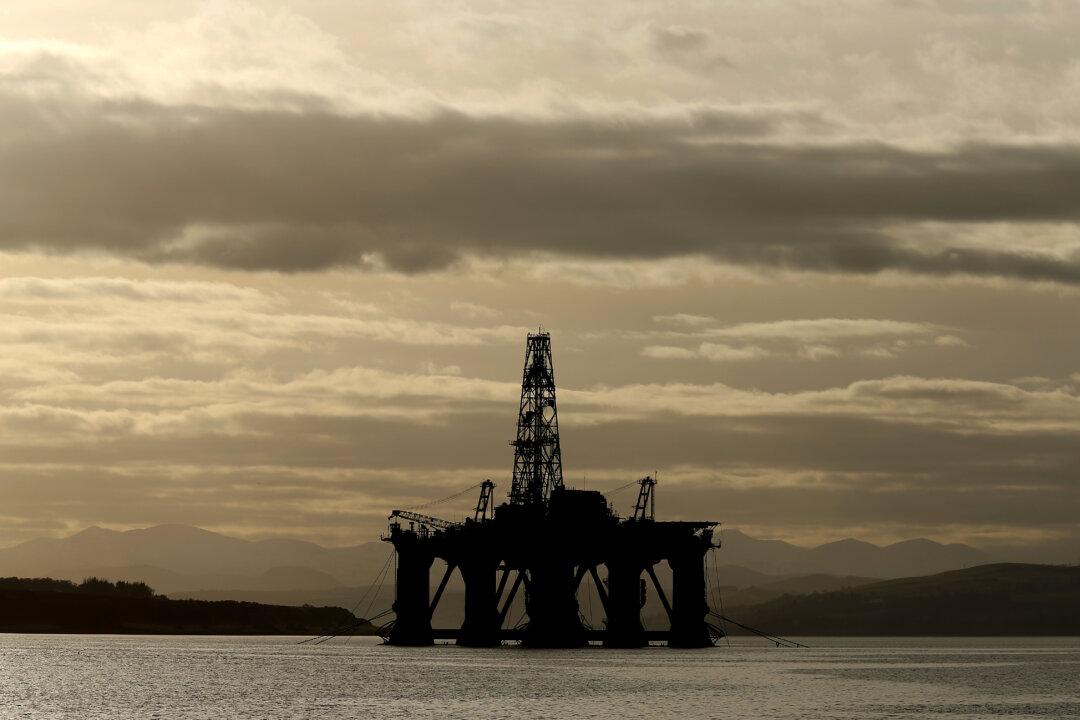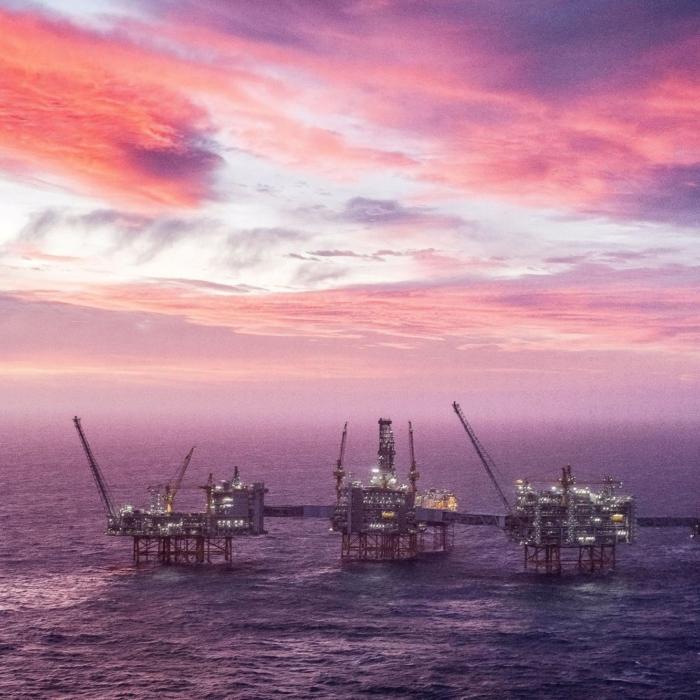A report has claimed that the next government will have just “100 days to save 100,000 jobs” in the North Sea energy sector as companies consider pulling investment from the UK.
The Chamber estimates that the winning party in the July 4 election “has 100 days to restore confidence or risk losing £30 billion in investment.”
Political Instability
According to NatureScot, Scotland is thought to be the largest producer of oil and the second largest producer of gas in Europe, with most oil and gas activity in Scottish waters taking place offshore, beyond 12 nautical miles from the coastline.In 2022, the UK Conservative government introduced a tax on oil and gas companies’ windfall profits. Earlier this year Chancellor Jeremy Hunt announced in the Budget that he would extend this into 2029.
The party has introduced the goal of reaching net zero by 2050 into law, though it also argues that the UK still relies on domestic oil and gas production and that this will “continue to be the case over the coming decades.”
Labour plans to launch a publicly owned “clean energy company” company called Great British Energy if it wins the election, with the firm funded through a windfall tax on oil and gas giants.
Market Uncertainty
The report, which supports net zero as a policy, said the tax regime proposed by the Labour Party will mean that 100,000 of the 200,000 jobs currently supported by the UK oil and gas sector will be lost by 2029.The report also commissioned a survey with the industry and found that confidence in UK activities “plunged to a record low,” and that companies expect only around half of their work (51 percent) to be in renewables by 2030.
One insider said that both the Scottish and UK governments “have no real strategy in place.”
“They are hedging their bets as they know they need Oil & Gas for foreseeable future but don’t want to be seen to endorse it,” the respondent said.
The Chamber is calling for an independent body, free from political influence, to oversee the energy transition.
Deployment at Scale Should Not Come Before Scalability
Viaro Energy CEO Francesco Mazzagatti told The Epoch Times by email that a £400 million project was delayed owing to the unpredictability of the current tax regime, with stricter windfall tax measures applied four times in two years.The company has 30 fields in the North Sea.
“This ongoing uncertainty prevents companies like Viaro from reliably calculating the costs of large developments, especially with Labour announcing another tax increase if they come into power and the removal of tax allowances for development spending,” he said.
Mr. Mazzagatti said that relying on unproven technology at scale is likely to result in longer-term higher bills and taxes.
He said that there “are some very good technologies out there” but he “believes that their deployment at scale should not come before their scalability and commercial viability is properly tested.”
“Additionally, there are unresolved supply chain and energy security issues with large-scale hydrogen production, as well as the challenge of retraining the workforce to avoid significant job losses,” he said.
As part of its broader strategy, he said that the company is exploring alternative energy investments.
He said that he “sees nuclear energy as having the best potential to provide a stable supply of electricity and transform the oil and gas industry in the long term.”
The Epoch Times contacted the Conservative Party and the Labour Party for comment.







